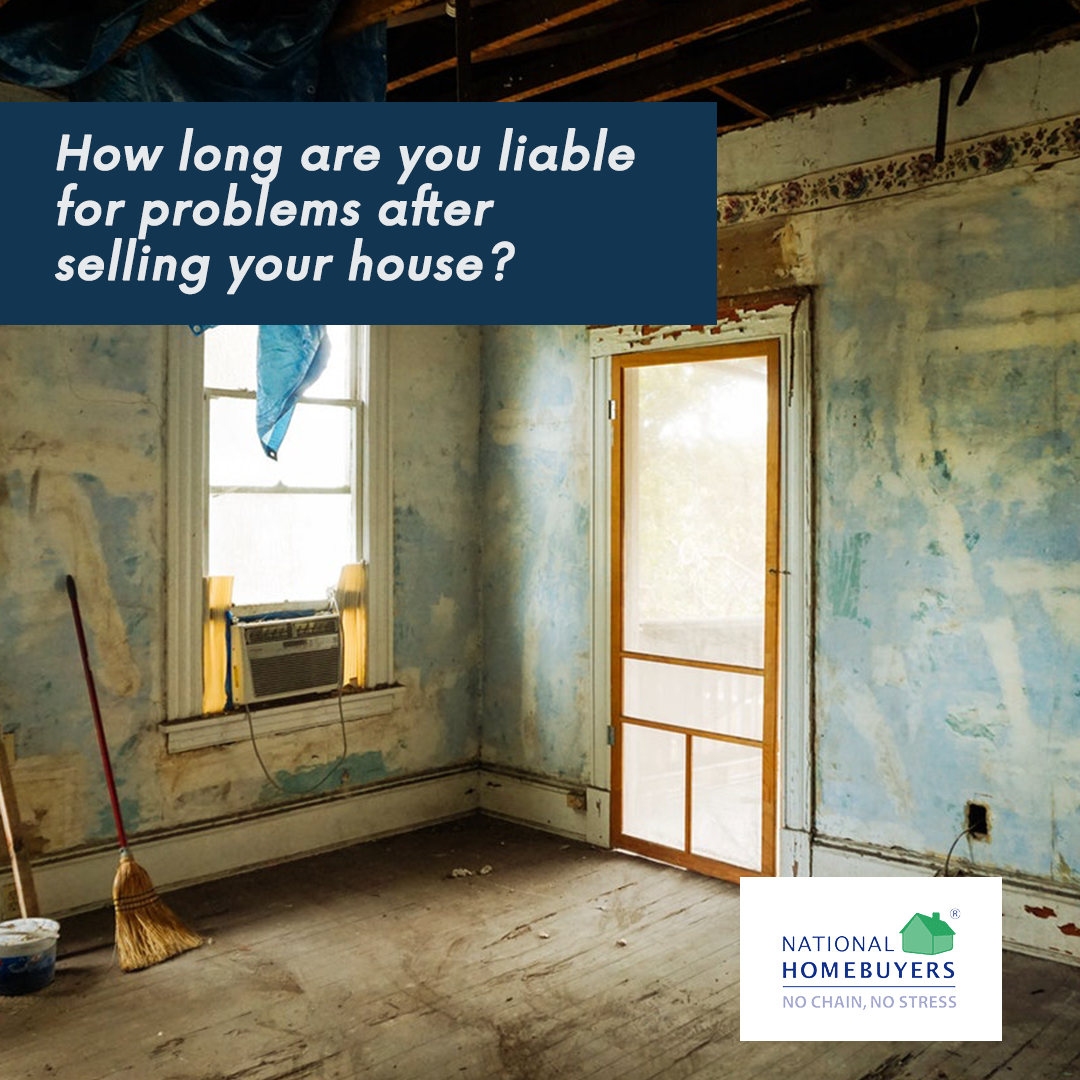Councils under fire for banking unspent public funds
A number of councils across the UK have found themselves at the centre of a fresh scandal thanks to the discovery of large amounts of public cash meant for spending on infrastructure residing untouched in their bank accounts.
When the Town & Country Planning Act came into force in 1990, there was a minor piece of legislation included known as Section 106, which allowed councils to take vast sums of money from private contractors in exchange for planning permission within the boundaries established by the local planning authority. These Section 106 Agreements were often open to interpretation as a result of the lack of specificity, and so these were amended and clarified in 2010 to ensure that the system could not be exploited through previously known loopholes.
The key point of Section 106 agreements however, were to ensure that the money earnt by councils would be re-introduced back into the local economy in the form of affordable housing, and various infrastructure maintenance.
Worryingly, reports have emerged that a number of councils have collectively been hoarding over £375m in cash donated as a part of these agreements, with one council – Labour’s Southwark constituency – holding a shocking £52.6m alone.
Many of the councils implicated in the scandal have claimed that the money itself has already been earmarked for various schemes – but journalists looking into the matter have found that over 60% of that money is yet to be designated for use within potential projects.
“It is deeply concerning that councils in England and Wales are sitting on a pot worth hundreds of millions specifically earmarked for affordable housing,” said James Prestwich, Head of Policy at the National Housing Federation.
“This reconfirms our view that affordable housing should be delivered within new developments, rather than developers simply funding its delivery elsewhere. This would guarantee that affordable housing will be built alongside other homes within the same development, rather than the money getting lost in the long, bureaucratic process of allocating it for housing elsewhere.”
The issue of unspent public cash residing in private banks appears to be the latest in a long line of faux pas by local governments in relation to their control of housebuilding companies. As recently as this year, a number of prominent constructors including Barrett, Tayler Whimpey and Persimmon have been accused of purchasing land for housing, then holding back on development in an effort to keep sold house prices high.
This continued drive to push up house prices may seem great for those who own, but if they need to sell their house fast, they may find that prices have risen to a point where their asking price is outside the realms of affordability for many potential buyers.
Can’t sell your home? Why not ask National Homebuyers for advice, as we buy any house. Call 08000 443 911 or request a call back to find out how much you could get for your property.






